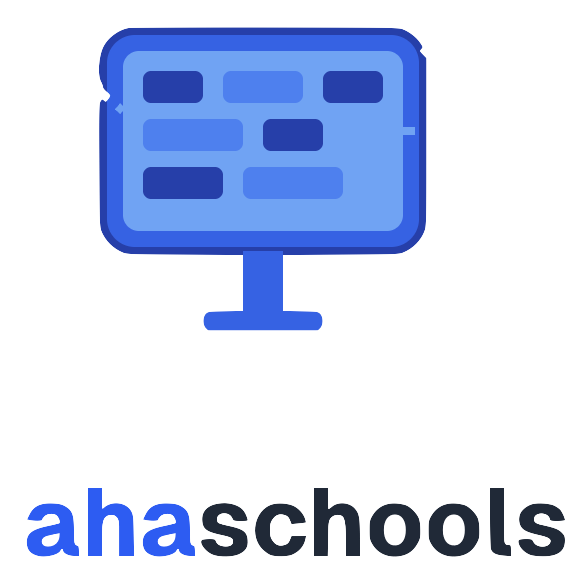Interactive Computer Science Tutoring
Learn programming concepts interactively
Before we start, let's review:
Before we compile, what do you think will happen when we run this C program?
C is a powerful, low-level programming language that gives you direct control over computer memory and hardware. Unlike languages like Python or JavaScript, C requires you to compile your source code into machine code before running it.
The classic "Hello, World!" program is a tradition in programming - it's often the first program you write in any new language. Let's explore how C works by creating, compiling, and running this simple program!
Preprocessing
Handle #include and #define directives
Compilation
Convert C source to assembly
Assembly
Convert assembly to object code
Linking
Combine object files into executable
Memory Representation
What would happen if we removed #include <stdio.h>?
How C Programming Concepts Connect
💡 Each step builds on the previous one - understanding this flow helps you debug problems and write better C code!
Retrieval Practice
Concept Mastery
Learning Path
Spaced Repetition Status
Phase 1/4 - Initial Learning
🎯 Learning Objectives Achieved
📚 Core Knowledge Framework:
Compilation Pipeline
Program Structure
🧠 Metacognitive Skills Developed
🚀 Transfer to Future Learning
Immediate Next Steps:
Variables & data types → Functions & parameters → Pointers & memory management
Long-term Applications:
Your compilation knowledge will help you debug build errors, optimize performance, and understand how high-level code maps to machine execution in systems programming.
⏰ Recommended Review Schedule
✅ Self-Assessment Checkpoint
Can you now confidently:
If you can check all boxes, you're ready for the next C module!
No operations yet
Start by adding or modifying elements
